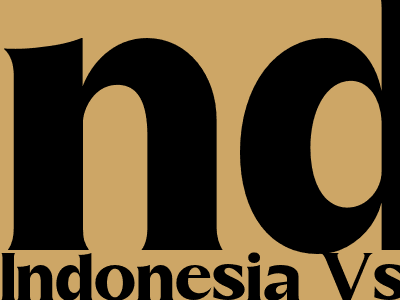China and Indonesia's Diplomatic Tensions
A Clash of Economic Interests and Political Ideologies
Indonesia's Economic Concerns
Indonesia, Southeast Asia's largest economy, has expressed concerns over China's growing economic influence in the region. China's Belt and Road Initiative (BRI), a massive infrastructure project, has raised concerns about debt traps and economic dependency. Indonesia fears that excessive reliance on Chinese investment could undermine its economic sovereignty.Furthermore, China's dominance in certain industries, such as steel and textiles, has led to concerns about unfair competition and job losses in Indonesia. Indonesia seeks to balance its economic ties with China while protecting its domestic industries.
China's Political Influence
Beyond economic concerns, Indonesia is also wary of China's growing political influence in the region. China's assertive foreign policy, particularly in the South China Sea, has raised tensions with Southeast Asian nations, including Indonesia.Indonesia has traditionally pursued a non-aligned foreign policy, avoiding entanglement in major power conflicts. However, China's increasing military presence and territorial claims in the South China Sea have forced Indonesia to reassess its stance.
Historical and Cultural Differences
Underlying the diplomatic tensions between China and Indonesia are deep-seated historical and cultural differences. China's historical dominance over Southeast Asia has left a legacy of mistrust and resentment among some Indonesians.Moreover, the two countries have contrasting political systems. China is a one-party state with a strong authoritarian government, while Indonesia is a multiparty democracy with a relatively free press. These differences have led to clashes over human rights and political values.
Managing the Tensions
Despite the challenges, both China and Indonesia recognize the importance of maintaining stable relations. They have established bilateral mechanisms to manage disputes and promote cooperation.Indonesia has adopted a hedging strategy, balancing its ties with China with closer relations with other countries, including the United States and Japan. China, for its part, has sought to reassure Southeast Asian nations about its intentions and has invested heavily in infrastructure and trade.

Comments